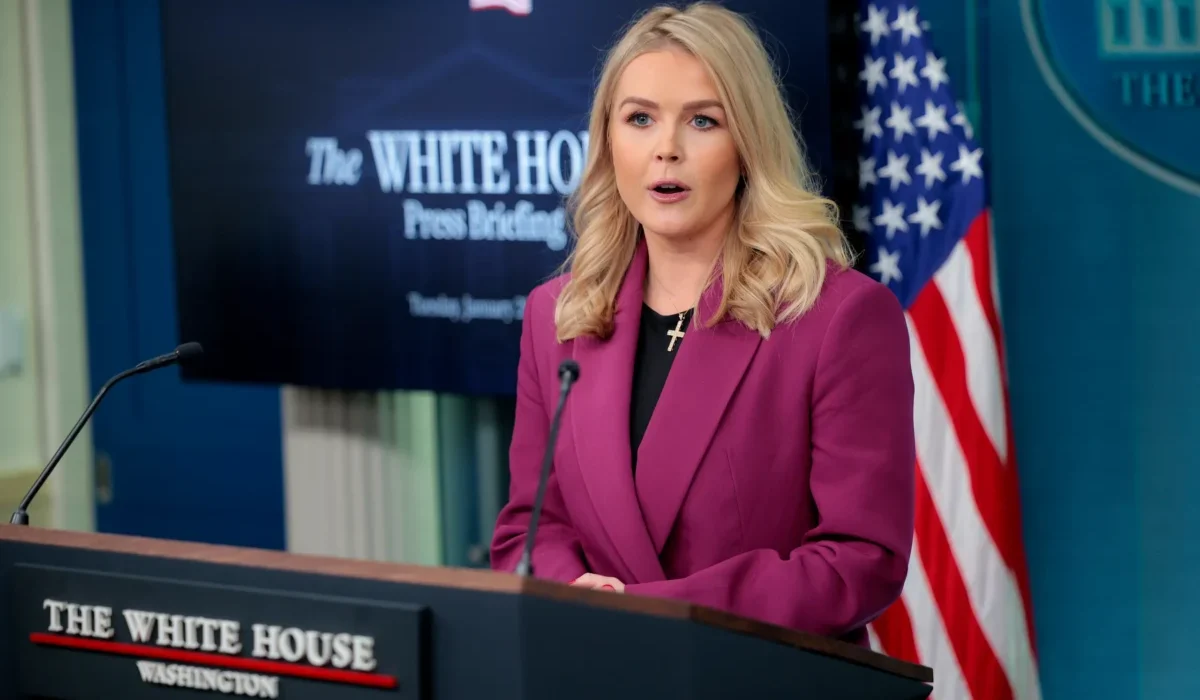WASHINGTON — The White House said Tuesday that the fate of Afghan migrants, including hundreds of Christians at risk of persecution, will be decided in U.S. courts on a case-by-case basis as temporary protections granted under the Biden administration expire.
In response to a question about whether President Trump is considering exceptions for Afghans who face possible death or torture if returned to Taliban-controlled Afghanistan, White House spokesperson Karoline Leavitt said the administration had not proactively ended protections — but that they had expired.
“So let’s just be clear about one thing. We didn’t end that proactively — it expired,” Leavitt said at a press briefing. “It’s because the previous administration illegally paroled hundreds of thousands of people into the country and then gave them temporary protective status, which again, is a temporary status. It’s not a permanent status in this country.”
Leavitt added that Afghan migrants who entered the United States under the Biden administration may still seek asylum through legal channels.
“If there are individuals here who came in through the Biden administration who want to claim asylum, there is a legal process to do that,” she said. “And those cases will be adjudicated by a judge on a case-by-case basis.”
The statement comes amid mounting concerns that hundreds of Afghan Christian migrants — who fled Taliban rule fearing persecution — now face deportation under President Trump’s renewed push to enforce stricter immigration policies.
According to reports, religious leaders have urged the Trump administration to make exceptions for at-risk individuals, warning that deporting Afghan Christians could expose them to severe harm.
Immigration advocates have also criticized the White House’s handling of the issue, saying that many of the affected Afghans were allies of the U.S. during its two-decade war in Afghanistan and deserve permanent protection.
Since Trump’s return to the White House, his administration has moved to reassert control over immigration pathways, leaving tens of thousands of Afghan evacuees in legal uncertainty. Many of these individuals entered the U.S. after the fall of Kabul in 2021 and were granted humanitarian parole — a status now being phased out.





